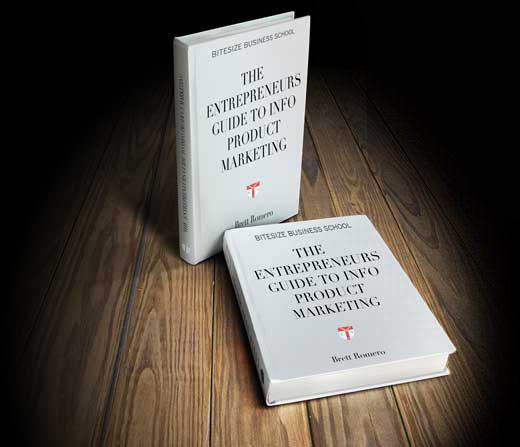Many Sole Proprietors and LLC business owners use personal credit cards for business expenses. At what point should they consider getting a business credit card and separating personal and business expenses? This is where your business credit score vs personal credit score can play a big role.
Using Personal Credit Cards For Business Expenses
Using a personal credit card for business expenses has a few advantages. For one, the rewards programs are usually much better than those on business credit cards. Another advantage is that you don’t have to hit your credit report with an inquiry, which can lower your credit score. Also, personal credit cards can be easier to obtain than business credit cards.
When you’re a sole proprietor or LLC, financially, the business is you. There isn’t a separate entity requiring a different financial structure. If you track your expenses well and differentiate personal from business expenses, you can get away with using your personal credit card for a while.
At some point, you’ll want to have a completely separate business credit card. You could open up a second personal credit card account and use it for only business expenses. This would allow you to continue taking advantage of better rewards programs. But doing so only delays the inevitable: That you will eventually need a business credit card for business expenses.
If everything can be financially managed on your personal credit card, why do you need a business credit card. For the same reason you need a business checking account – to avoid commingling of personal and business funds.
Having separate checking accounts for your business and personal income/expenses makes your business look more legitimate. By legitimate, I mean the IRS. Separate accounts will make your accounting simpler as well. Once you have two different checking accounts setup, adding business expenses onto your personal credit card is like taking a step backwards. You’re reducing the legitimacy of your business.
Business Credit Cards Instead Of Personal Credit Cards
There are actually quite a few business credit cards available. Many with some type of rewards program. It would be great if you could get a business credit card rewards program that funnels into the same personal credit card program. You could then continue earnings just as many points as when everything was on one card.
Unfortunately, credit card company don’t allow this. Your business credit card will be independent of your personal credit card. It’s rewards program will also be completely separate from your personal rewards program.
To give you an idea of what’s out there, here are a few business credit cards with their associated fees and rewards programs:
Capital One® Spark® Cash Select for Business
1.5% cash back. No annual fee.
Capital One® Spark® Cash for Business
2% cash back. $59 fee after first year
The Blue Business℠ Plus Credit Card from American Express
2X points on everyday business purchases. $0 annual fee.
Bank of America® Business Advantage Cash Rewards Mastercard® credit card
3% cash back on purchases at gas stations and office supply stores, 2% on purchases at restaurants, and 1% on all other purchases. No annual fee.
The following Ink cards don’t seem to offer good rewards programs at all, as they require high spending limits with very low rewards.
Ink Business Preferred℠ Credit Card
Earn 2% cash back on the first $25,000 spent in combined purchases at gas stations and restaurants each account anniversary year
Earn 1% cash back on all other card purchases with no limit to the amount you can earn
No Annual fee.
Ink Business Preferred℠ Credit Card
Earn 3 points per $1 on the first $150,000 spent in select categories each account anniversary year. $95 annual fee.
In general, none of the business credit cards seem to have as good a rewards program as personal credit cards. By continuously looking around, you may eventually find something that’s worth it.
Business Credit Score
Just like you have a personal credit score, businesses also have business credit scores. They can range from 0 to 100, with 100 being the best.
The following three companies provide business credit scores:
Experian – $39.95
dun & bradstreet – $159/mo
Equifax – $99.99
If you are a sole proprietorship, how do you establish credit? Since a sole prop structure at best is a DBA (doing business as), it will be tied to your personal credit history. To establish credit for your business, it’s best to have it under a corporate structure. For a sole prop, this usually means going to an LLC.
With an LLC, you gain a different legal structure than that of a sole prop. The business now affords you some protection. But you can take it further by also putting any business related credit under the business name. When the business applies for new credit, creating a credit inquiry on your credit report, it doesn’t effect your personal credit. Any credit extended to the business, which it may make use of, is also independent of your personal credit.
Allowing the business to grow its credit history and move all of its expenses onto business credit cards also goes toward legitimacy of your business. It avoids commingling of funds as well.

Solve that problem now by signing up below to get the entrepreneurs guide to info product marketing free!





2 Comments
Abrams
June 30, 2017Interesting article and full of creative ideas. Thank you for sharing the article.
Brett
June 30, 2017Thank you!